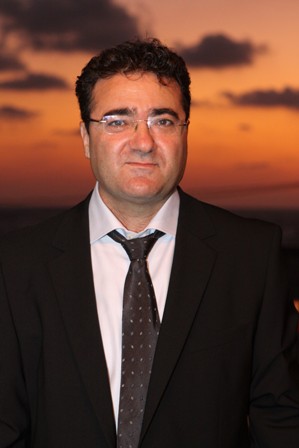
Shaul Lin
Rambam Medical Center, Israel
Title: The ability of Foreign body and infected by EF SS biofilm to sustain bone lesion in Rat Calvarium
Biography
Biography: Shaul Lin
Abstract
Aim: Th e current study examines the biofi lm on Gutta-Percha (GP) root canal fi lling material as a possible cause for persistent
apical periodontitis occurring aft er endodontic treatment. To this aim, we propose to assess the healing capacity of bone lesions
around biofi lm-infected and non-infected gutta-percha points.
Methodology: We used Wistar rats as animal models. Th is model can establish a causative relationship between microbes and
pathogenesis designed and postulated by Robert Koch. It consists in introducing the "pathogenic factor" in a healthy body and
observed whether it causes the same reaction, in the calvarium. Th ey were divided into distinct groups: (1) Biofi lm-infected
with Enterococcus faecalis or with Streptococcus sanguis, (2) sterile non-infected GP and (3) bony defects with no particles
implanted. Th e GP points were implanted into bony defects created in the animals' calvaria. Th e animals were sacrifi ced 60
postoperative days and histological assessments were performed.
Results: In the GP particles of the non-infected group, minimal infl ammatory cell reactions were observed in the adjacent
tissue and newly woven bone matrix surrounded by osteoblasts was detected. In the biofi lm-infected group, a mild foreign
body reaction with a few infl ammatory cells was noted adjacent to the capsule and newly woven bone matrix surrounded by
osteoblasts and mature bone was also observed.
Conclusions: It has been suggested that some root canal treatments fail because of non-microbial factors, including extruded
root canal fi lling materials, which may cause a foreign body reaction. In this study gutta-percha with or without biofi lm, has no
ability to induce peri-apical lesion on its own, without the presence of an infected root canal in its vicinity.

